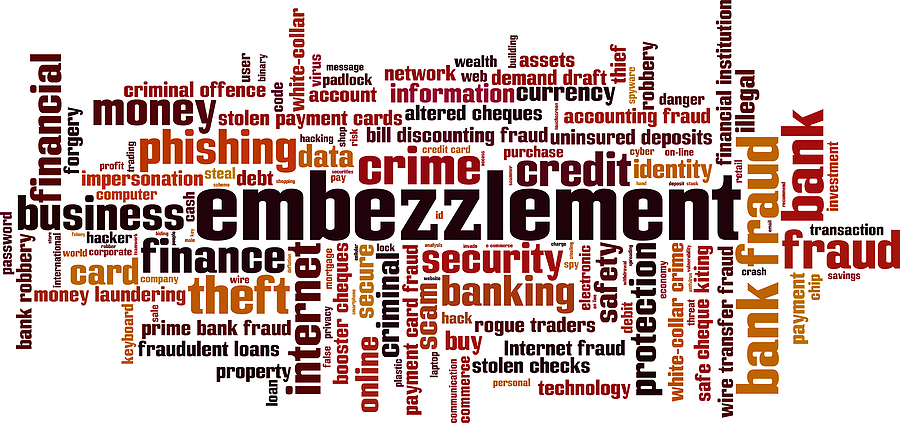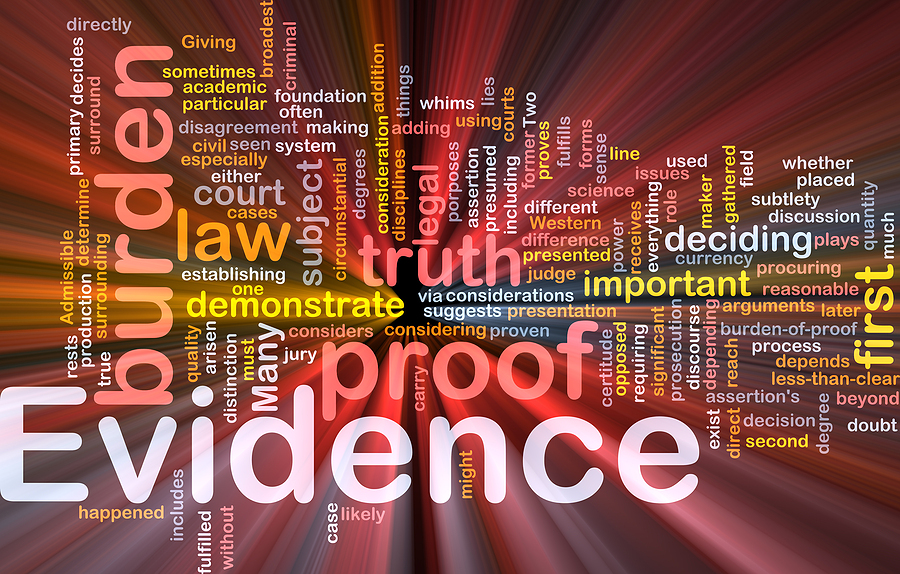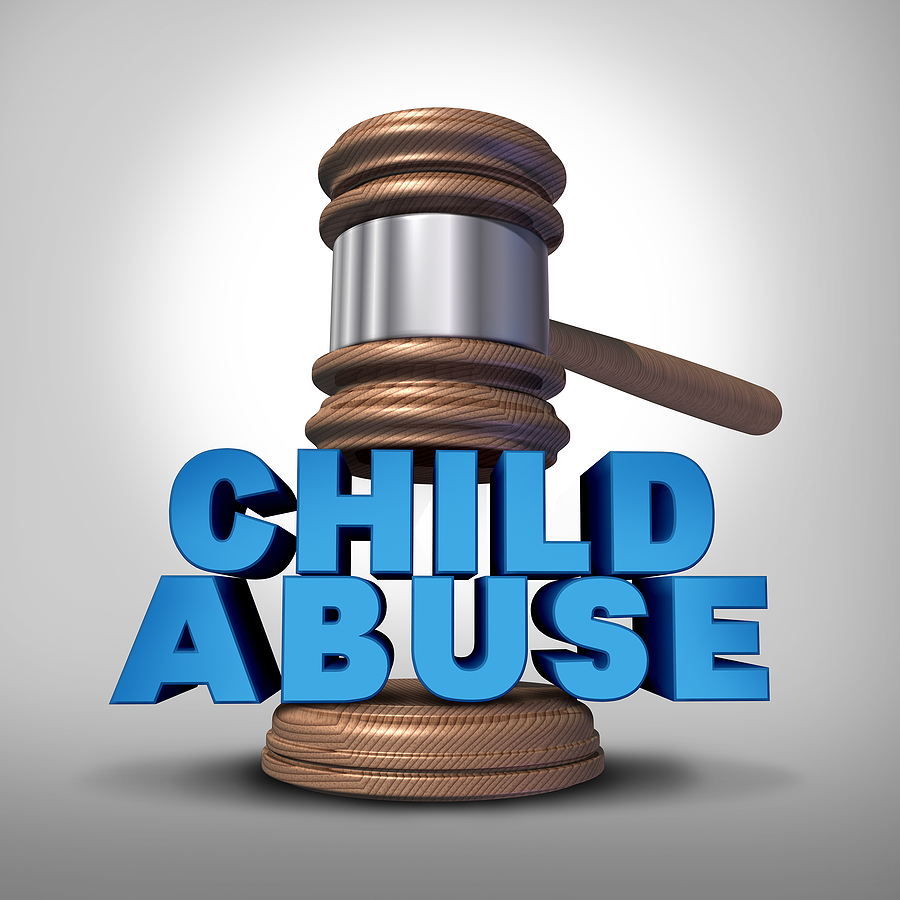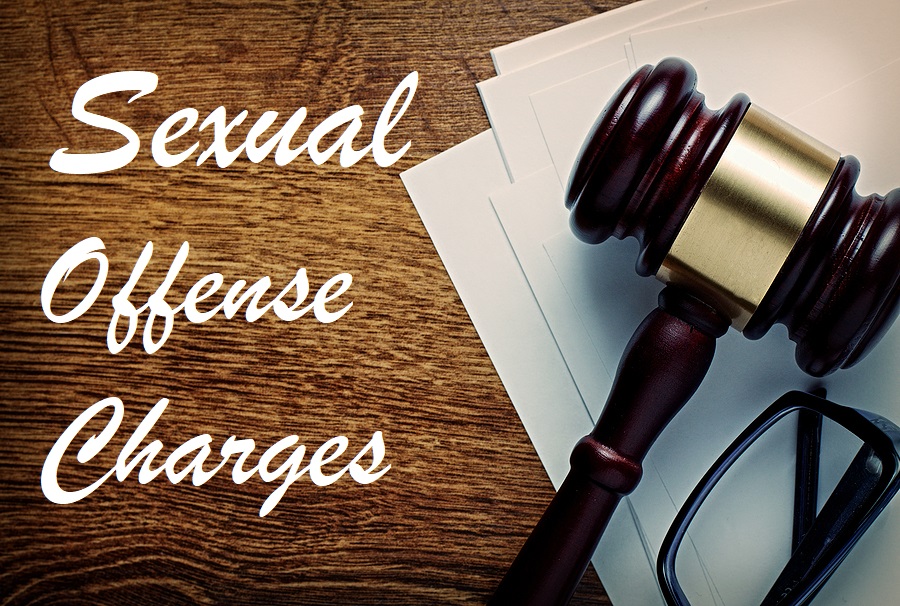The pre-trial conference in criminal law can be a pivotal moment in a defendant’s legal journey, particularly in the state of Indiana. It’s a significant step where the prosecution and defense, often alongside a judge, engage in vital discussions that can influence the direction of a case. For criminal defendants in Indiana, understanding the nuances of this process and preparing effectively is not just prudent—it’s crucial.
This comprehensive guide is designed to shed light on what the pre-trial conference entails, how to prepare for it, and what to expect, aiming to arm defendants with the knowledge necessary to face this stage with confidence.

Introduction to Pre-Trial Conferences
Before the courtroom proceedings of a criminal case, a pre-trial conference takes place. Its primary aim is to encourage settlement discussions, narrow issues that need to be decided, and possibly eliminate the need for a trial altogether. In Indiana, this conference can be especially important as it gives both sides the opportunity to present key evidence and arguments, often prompting the judge to issue decisions regarding the admissibility of evidence or the motions that have been filed.
Discovery Process
Before the actual pre-trial conference, there is an opportunity for both the prosecution and defense to exchange information. This is a process known as discovery, where evidence is revealed to each party. This phase is essential for building a strong case, as it allows defense lawyers to understand the prosecution’s strategy and evidentiary support.
In Indiana, the conference also serves the purpose of streamlining the trial process. The judge may use this time to discuss potential hearing dates, giving the prosecution and defense a framework within which to further prepare for trial. The outcome of the conference can vary—from plea bargains and pretrial diversions to dismissal or, in some cases, the setting of a trial date.
Pre-Trial Conference Process
The defendant’s attorney will typically handle most of the engagements during the pre-trial conference. The prosecution, defense, and judge will be the most prominent figures in the room, with court reporters documenting the discussions. In some instances, victims or their legal representatives, as well as any witnesses, may also be present.
How to Prepare for Your Pre-Trial Conference
A successful pre-trial conference is usually the result of meticulous preparation. Here are the critical steps a criminal defendant should take before the conference date arrives:
Gathering Necessary Documentation
Collating all pertinent documents that can support your case or negotiated outcome is vital. This includes anything from police records to character references. Ensuring all documents are up to date and well-organized is key to demonstrating preparedness and professionalism.
Consultation with Legal Representation
Your attorney will be your most valuable asset in preparing for the pre-trial conference. They can provide a realistic understanding of the potential outcomes and will guide you on the best strategies to employ. Pre-conference meetings with your legal counsel can ensure you’re aligned on the approach and any important case details that need to be addressed.
Mental and Emotional Readiness
Facing the complexities of a criminal case can be daunting. Practicing self-care and being emotionally prepared for the pressures of a legal conference is as important as the preparations made with your attorney. Engaging with a support network, be it friends, family, or mental health professionals, can help fortify your resolve and keep you focused on the task at hand.
What to Do on the Day of the Conference
The day of the pre-trial conference will be a culmination of extensive preparation. Knowing how to conduct yourself and what to expect is vital.
Dress Code and Etiquette
Appropriate dress code and behavior are crucial during the conference. While there’s no formal dress code set in stone, dressing smartly and conservatively can help convey the seriousness with which you approach the proceedings. Respectful behavior, including addressing the judge and others with the appropriate courtesies and titles, is a mandate of courtroom etiquette.
Communication Tips with the Prosecutor and Judge
Confident and respectful communication can go a long way. When addressing the judge or the prosecution, clarity and brevity will be your allies. Presenting your case logically and cohesively, without unnecessary emotional appeals, can help ensure your points are heard and considered.
Possible Outcomes and Next Steps
During the conference, you may arrive at a resolution with the prosecution, such as a plea agreement. Alternatively, the judge may suggest further discussions be held to reach a resolution before a trial is set. It’s also possible that no agreement or resolution is reached, requiring you to prepare for the next stage of your case.
Tips for Success
In addition to the detailed preparations, several general guidelines can help defendants approach the pre-trial conference with the best chance for success.
Being Punctual and Respectful: Promptness is paramount in any legal setting. Arriving early not only shows respect for the process but also allows you additional time to mentally prepare and confer with your attorney.
Active Participation in Discussions: Do not be a mere spectator in your own case. Take an active role in the discussions. Be prepared to provide or refute evidence, and always be ready to articulate your position clearly.
Clarifying Doubts and Seeking Guidance: If there’s something you don’t understand or are unsure about, don’t hesitate to seek clarification from your attorney or the judge. It’s far better to fully comprehend the proceedings than to leave with lingering doubts.
Final Thoughts
Understanding and preparing for a pre-trial conference in Indiana is a significant task for any criminal defendant. By following the guidance outlined in this post, you’ll be positioned to approach this critical stage with the pragmatism and readiness required to protect your rights and facilitate the just resolution of your case. Remember, while the legal system may seem formidable, knowledge is your best ally. Equip yourself with the tools this guide provides, and you’ll be prepared to handle the pre-trial conference with the confidence of an informed participant.
Are you looking for a qualified law firm to navigate your Indiana pretrial and legal proceedings ahead? Contact Attorney David E. Lewis at 317-636-7514 to speak with a seasoned criminal defense lawyer in Indianapolis, Indiana. Our law firm will obtain the best possible outcome for your criminal case!
Related Posts:
What is Going to Happen at My Pre-Trial?
3 Circumstances That Do Not Allow a Pre-Trial Release
What Does a Lawyer Do at a Preliminary Hearing?





